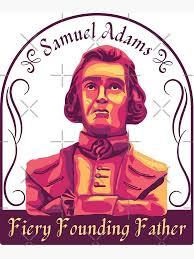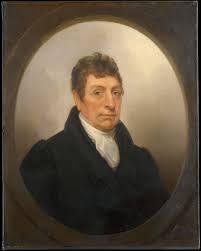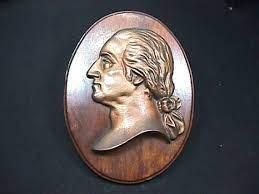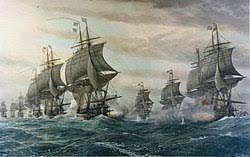
Sarah Vowell is a living contradiction to the notion that history is dull. She writes history books almost as comedy routines. Yet still they’re full of real history.
Her book, Lafayette in the Somewhat United States, sometimes digresses to lament — as the title hints — how messed up this country is. And she wrote back in 2015!
The book is really a chronicle of the Revolutionary War. For the benefit of those who “learned” history in modern American schools: that war, 1775-83, won our independence from Great Britain, having previously been a bunch of her colonies. That was before the Civil War. Something, Vowell observes, 40% of Americans get wrong.

Though I was pretty familiar with this material, the book was fun to read. On page 147 she talks about debate over attacking the British army occupying Philadelphia. Such a move would probably have been foolhardy; but Vowell quotes Samuel Adams predicting that future historians would call the Americans weenies for their caution. Then she adds: “If historian-adjacent, narrative non-fiction wise guys are allowed to weigh in, I will go on record as being cool with it.” (Me too.)
And I did learn some interesting things. Vowell notes that in 1778, the British Prime Minister, Lord North, proposed to end the war by giving the Americans all their demands, bar only independence. America said no. Good for us. But Vowell goes on to note that what was really the greatest obstacle to all people being equal was slavery — which the British parliament abolished in 1833. So had we remained British, slavery would have ended here thirty years sooner. Though I’d say it’s dicey to assume other events would have proceeded as they did, despite such a big alteration of the historical landscape.

Lafayette is the book’s focus. He was an orphaned teenaged minor French noble, who traveled to America with a jejune fantasy of military glory. This inauspicious launch did inspire some Vowell snark. But more broadly she recapitulates how Lafayette pretty soon outgrew his youthful folly and actually became a real asset in the war. The book highlights his return visit to America as an old man in 1824, to a rapturous reception.
Also coming off well is Washington. Not free of blemishes and blunders; yet Vowell portrays him with a genuine admiration (which I fulsomely share). George Washington was indeed a remarkably good, even truly noble, person. Of course he’s remembered, but as a cardboard figure, with little understanding of how much we really owe to him. When I compare Washington against . . . .

His treatment of slaves does incur opprobrium. But nobody’s perfect, and I’m not being sardonic. In his day slavery was taken for granted, few giving much thought to its ethics. Moral progress is a slow climb. At some future time, meat eating may be deemed morally unacceptable. Shall we then pull down all the statues of non-vegetarian past luminaries? The Washington plaque on my wall will stay.
We don’t realize just how hard his war was. Vowell quotes John Adams that the revolution had already occurred, in American hearts and minds, even before Lexington and Concord. Well, maybe. But the actual fighting still had to be done, and after six years it seemed at best a stalemate. We’d avoided losing, but winning appeared to be a bridge too far.

Then came Yorktown. It still makes my heart soar. Vowell argues that the really decisive battle was “The Capes,” at sea, where our allies, the French, under Admiral de Grasse, saw off the British Navy’s attempt to come to Cornwallis’s rescue. That de Grasse was one gutsy commander, taking risks to do what needed doing. His ships blocking the British army’s escape through the Chesapeake sealed its fate.
There were so many opportunities for things to go differently. If they had, today’s world would probably be unrecognizable. True of my own personal story as well. By such slender threads of probability our lives do hang.
